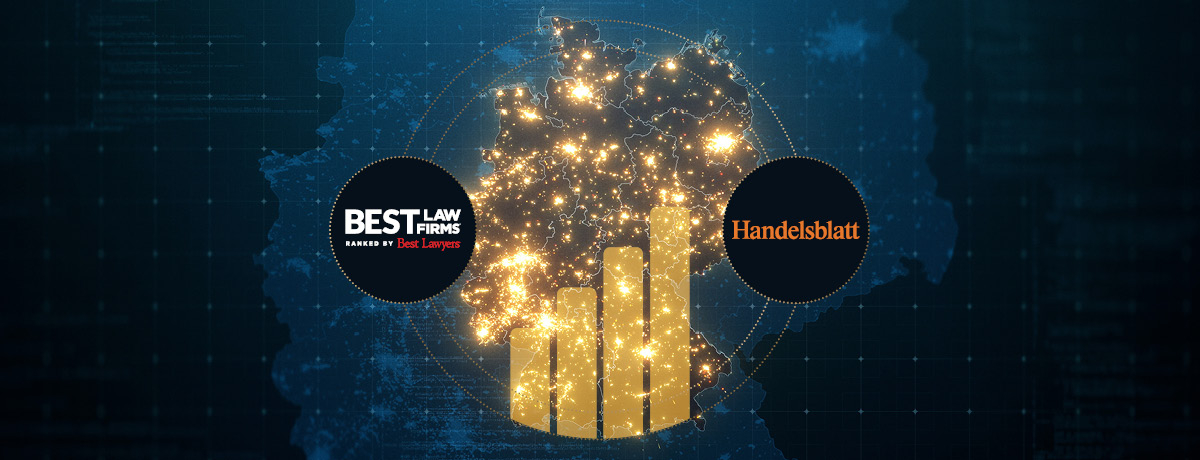Adrift in Dangerous Waters: The Reality of Maritime Injury Law
The call came at 3 AM. A platform worker had been airlifted to a trauma center after a tensioner failure sent a cable whipping across the deck at deadly speed. By morning, I was reviewing incident reports that painted the all-too-familiar picture – equipment that hadn't been properly maintained, warnings ignored, and corporate policies that existed on paper but were routinely sidestepped offshore.
After twenty-seven years handling maritime cases, you develop instincts. This wasn't just an accident. It was the predictable result of corner-cutting that prioritized production over people.
The maritime world exists largely out of sight for most Americans. Unless you've worked on vessels or offshore installations, it's hard to grasp how fundamentally different this environment is from land-based workplaces. Maritime and Offshore Injury Attorneys live in this world of technical jargon, specialized equipment, and legal doctrines that have evolved separately from mainstream personal injury law.
"The company man told us to keep working despite the weather warnings," my client explained from his hospital bed, leg shattered by equipment that broke loose during unexpected heavy seas. "We all knew it wasn't right, but offshore, you either do what they say or you're on the next helicopter back, replaced by someone who will."
This power imbalance shapes everything in maritime work. When you're miles from shore, your supervisor's word becomes absolute law. Workers face impossible choices between safety concerns and keeping jobs they depend on.
Jones Act cases boil down to this reality – maritime workers need special legal protections precisely because their working environment leaves them uniquely vulnerable. Between the physical isolation, specialized equipment, and absence of impromptu safety inspections that land-based workers take for granted, the deck is literally and figuratively stacked against them.
When Justice Seems Out of Reach
A fisherman's wife once brought me a settlement offer from a vessel owner that wouldn't cover a month of her husband's medical bills, let alone the lifetime of care he needed after a preventable accident. The adjuster had told her maritime law limited what they owed.
"That's completely backwards," I explained. "Maritime law actually provides more protections, not fewer." She broke down in tears, realizing the company had been exploiting her lack of knowledge.
Maritime and Offshore Injury Lawyers see this repeatedly – companies leveraging the complexity of admiralty law to discourage legitimate claims. The specialized nature of this field means even many experienced injury lawyers hesitate to take these cases.
Consider the fundamental differences: in a typical workplace injury, workers' compensation provides immediate medical coverage but limits other recovery. In maritime cases, the Jones Act creates a negligence remedy, maintenance and cure provides basic benefits regardless of fault, and unseaworthiness claims create a powerful tool for accountability – but only if you know how to navigate these waters.
Every maritime case I handle begins with education – helping clients understand these unique remedies that evolved specifically for their industry. Most arrive at my office having received misinformation about their rights, often from company representatives with obvious conflicts of interest.
The Investigation Difference
Maritime cases demand immediate evidence preservation unlike almost any other injury context. Vessels move, crews disperse worldwide, and physical evidence can literally sink beneath the waves.
When a crane operator was paralyzed during offshore operations in international waters, our team faced extraordinary challenges. The vessel departed the scene within hours. Crew members from six different countries scattered to their next assignments. Equipment was repaired before independent examination.
This reality means personal injury lawyers handling maritime cases must be prepared to move with unprecedented speed. In one case, we chartered aircraft to document a vessel before it left U.S. waters. In another, we obtained emergency court orders to preserve digital data before systems were reset.
The physical environment presents unique challenges too. Recreating accident conditions on vessels or platforms requires specialized knowledge of maritime operations. Experts must understand not just what happened but how operations at sea fundamentally differ from those on land.
"The incident report called it operator error," an injured deckhand told me, "but they didn't mention the four-foot seas, driving rain, and equipment that hadn't worked right for weeks." Context matters enormously in these cases.
Global Forces, Local Impacts
Maritime injuries occur within a global industry where corporate structures intentionally span multiple countries and jurisdictions. The vessel owner, operator, charterer, and employer might each be separate entities headquartered in different nations.
This complexity is by design. Companies structure their operations to minimize liability and regulatory oversight. Personal injury attorneys must untangle these relationships to identify all responsible parties and applicable legal frameworks.
A recent case involved a vessel registered in Panama, owned by a Liberian corporation, operated by a Singapore company, working under contract with a European energy firm, with the injured worker technically employed by a staffing agency in the Philippines. Each entity had insurance policies with different coverage terms, exclusions, and governing law provisions.
Despite these obstacles, maritime law provides powerful tools for cutting through corporate shells to reach responsible parties. The unseaworthiness doctrine creates a non-delegable duty that vessel owners cannot escape through contractual arrangements. Maintenance and cure obligations follow injured seamen regardless of fault.
The key lies in understanding both the legal principles and industry realities. When a company claims "that's just how things work offshore," experienced maritime counsel can distinguish between genuine industry standards and convenient excuses for substandard practices.
Far from shore and regulatory oversight, maritime workers need advocates who understand both the legal remedies available and the practical realities they face. Their lives quite literally depend on it.
Rob Ammons has represented maritime workers in cases involving vessel collisions, platform explosions, equipment failures, and diving accidents throughout the Gulf of Mexico and international waters.











































